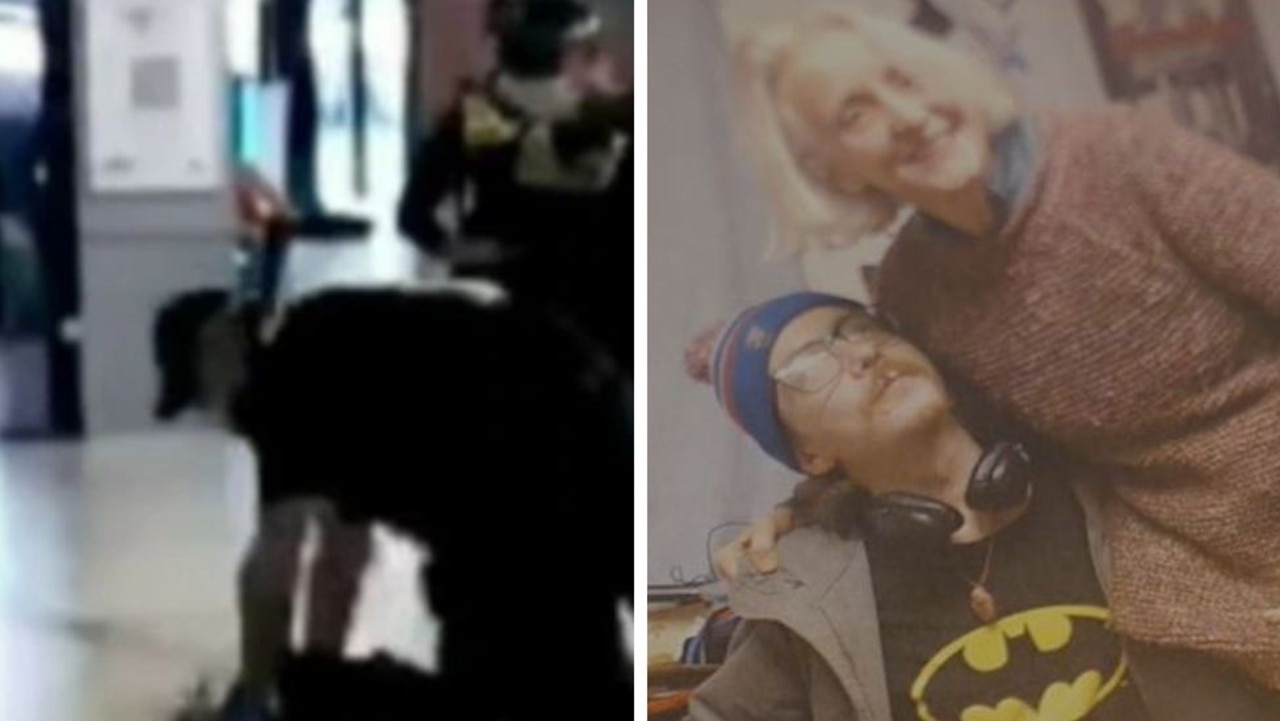Joe Hildebrand: Australia’s dirty political secret
When Joe Hildebrand bumped into Bob Hawke’s widow Blanche d’Alpuget she reminded him of Australia’s dirty political secret.
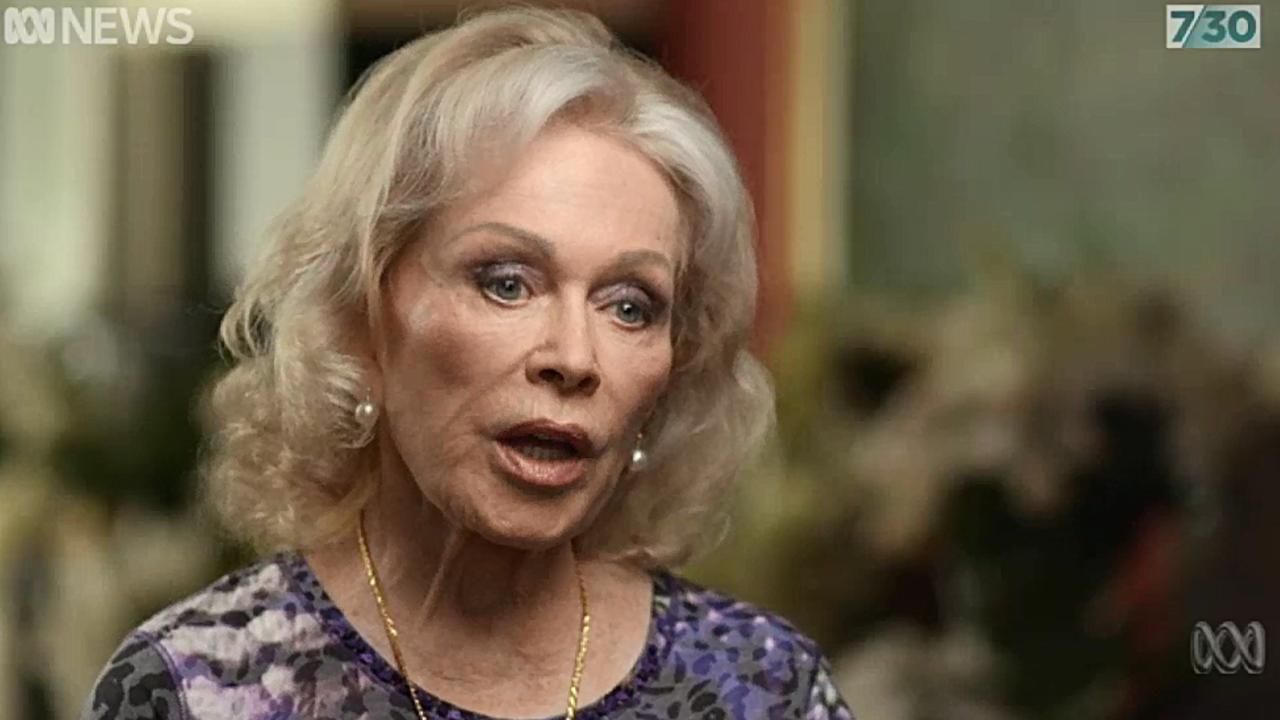
This is a story about the middle of last week. And it starts in the mid-1980s.
The Eighties were a decade of the most extraordinary social and political upheaval. Thatcherism and Reaganomics reigned in the UK and USA. The wall came down in Germany and communism fell in the Soviet Union.
Meanwhile in the southern hemisphere, the iron fist of apartheid pounded South Africa even as it was gradually being prised apart. And in Australia a Labor prime minister was liberalising the national economy.
In the middle of all this a middle-aged rock star was stuck in the middle of a midlife crisis. His marriage had failed, his last album had tanked and he stood on the brink of an existential void.
The only cure for this wealthy washed-up American lay on the opposite side of the world and the opposite side of the social divide. He became obsessed by a bootleg tape of unknown black South African musicians and devoted himself to finding them
RELATED: Joe Hildebrand: ‘Deadliest of lies’ we keep swallowing
RELATED: Joe Hildebrand on why the climate kids can’t win
RELATED: Joe Hildebrand: Truth behind the world’s most powerful leaders
That man was Paul Simon and the music he made with those musicians became Graceland, now acclaimed as one of the greatest and most important works in history.
And of course it was immediately condemned – Simon was blasted for breaking a “cultural embargo” against the South African apartheid regime, even though he had gone there in support of the very people the regime was oppressing so as to literally produce the black and white harmony that the regimen forbade.
Such is the absurdist nature of absolutist politics.
And the most absurd thing of all is that this gigantic geopolitical explosion erupted from a group of Zulu virtuosos playing a noteperfect soundtrack to Simon’s sorry love life. Above the joyous rhythms and lilting guitar licks on the title track, Simon balefully sings:
Losing love is like a window in your heart
Everybody sees you’re blown apart
Everybody sees the wind blow …
And there it is. A global storm born from the tiniest personal torment. Humans torn apart causing humans to come together causing humans to tear themselves apart.
The story of Graceland came back to me twice last week. It first landed like an unwelcome meteorite as I was talking to Bob Hawke’s widow Blanche d’Alpuget.
It was the first time we had spoken since Hawke’s death – which is hardly surprising since we hardly know each other – but like anyone with a passing relationship with the Labor Party, I somehow felt that they were part of my extended family.
At any rate, I certainly felt very close to her then and as we talked about Bob’s death it was clear that she was a woman blown apart. You could see right through to her shaken soul.
But when we talked about Bob’s legacy that soul turned to steel. Hawke was, above all else, a consensus builder – a peacemaker. He took not just his party with him on his and Keating’s grand economic project but often the opposition too.
As Blanche angrily lamented, even amid all the fire and fury of political and parliamentary life, politicians always used to work together behind the scenes to get things done. They would shake hands, do deals and share jokes behind the Speaker’s chair. They would work across the aisle – bridging the often artificial divide between left and right – in pursuit of what used to be known as the common good.
This was Australian politics’ dirty little secret: The people that pretended to hate each other actually quite liked each other.
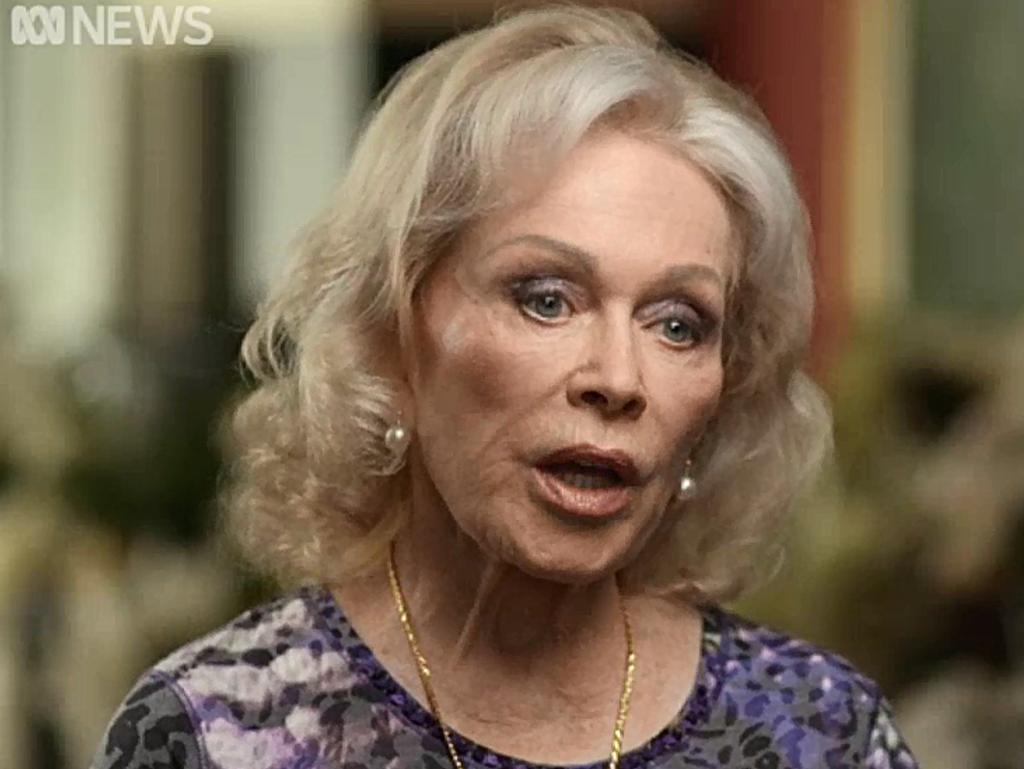
And this was the culture that prevailed in Canberra under both Labor and the Coalition for a quarter of a century – so much so that when an escalating travel rorts war resulted in a senator attempting suicide both sides immediately agreed to a ceasefire.
But a decade ago that all changed. A nasty condition known as “the NSW disease” crept into Canberra, a culture in which leaders were brutally knifed at the first whisper of discontent and which swept through both the Labor Party and the Coalition, decimating them both.
It is no coincidence that all of this took place in the new age of social media – in which politicians, activists and any member of the public could slug it out directly without the niceties of standing orders or news cycles.
And it is no coincidence that it happened amid the online news revolution, in which both old and new media outlets became more tribal than ever in an effort to hold or attract their audience.

One man who was at the centre of it all was Craig Emerson, a softly-spoken economist and academic who was an adviser to Hawke before entering parliament and becoming a minister under the fractious Rudd and Gillard governments.
Emerson’s latest thankless task for Labor was to find out how it lost the unlosable election, which he and former premier Jay Weatherill dutifully performed. Their conclusion is neatly summarised in the report as follows:
“Labor should position itself as a party of economic growth and job creation. Labor
should adopt the language of inclusion, recognising the contribution of small and large businesses to economic prosperity, and abandon derogatory references to ‘the big end of town’. Labor’s policy formulation should be guided by the national interest, avoiding any perception of capture by special interest groups.”
In short, the party needed to be inclusive, not divisive. And it was a philosophy Emerson took to heart when he bravely defended Barnaby Joyce in the unbecoming shitstorm that accompanied last week’s bushfire disaster.
Emerson observed that contrary to the outrage being generated by both social and mainstream media, Joyce had not been attacking two dead bushfire victims for being Greens supporters but clumsily trying to say that he wouldn’t – albeit for reasons known only to Barnaby himself.
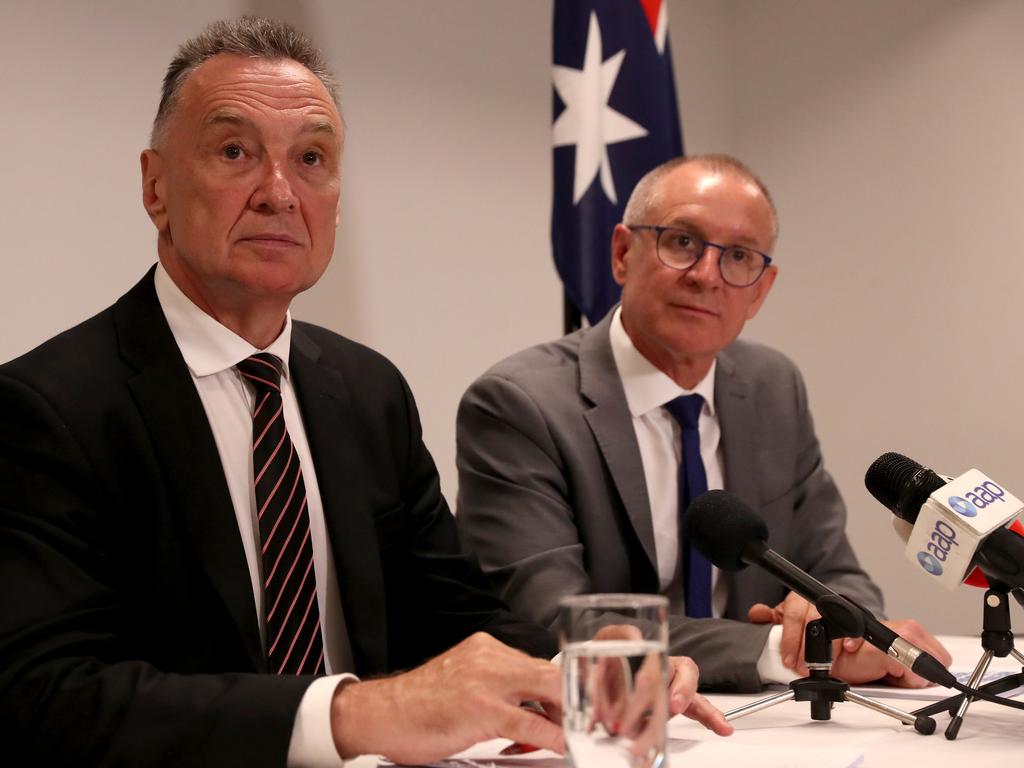
For this attempt at nuance Emerson was naturally crucified on social media, leading him to write a thoughtful piece for the Australian Financial Review lamenting the blind ideological tribalism that had taken hold of politics.
And of course for this he was naturally crucified by blind ideological tribalists. Like a little local Paul Simon he was condemned for breaking a cultural embargo in his effort to bridge the divide.
But he was not alone. In the small pond of Australian politics, Emerson’s piece received a tsunami of support – not from alt-right fascists, as his extreme left accusers tried to claim – but from the leading lights at the ABC. The Germans might have brought down the Berlin Wall but it was Annabel Crabb who brought down the AFR paywall when she tweeted a picture of the whole column as a vital read for her half a million followers.
This piece in the Fin today by @DrCraigEmerson is so good that I’m unilaterally releasing it from the paywall. There must be a better way. pic.twitter.com/Tuaxvmr2yI
— Annabel Crabb (@annabelcrabb) November 19, 2019
And of course Emerson joins a growing number of leaders from the moderate left who are coming to realise the extreme left poses a greater threat to their cause than the moderate right does. No less a figure than Barack Obama this month condemned “woke” cancel culture and plenty of once-woke celebrities from Sarah Silverman to Michael Leunig have found out the hard way that the hard left only loves you until they come for you.
And of course a certain columnist and uncommonly handsome morning television presenter has been saying the same for many years now, but he is far too humble to take any credit.
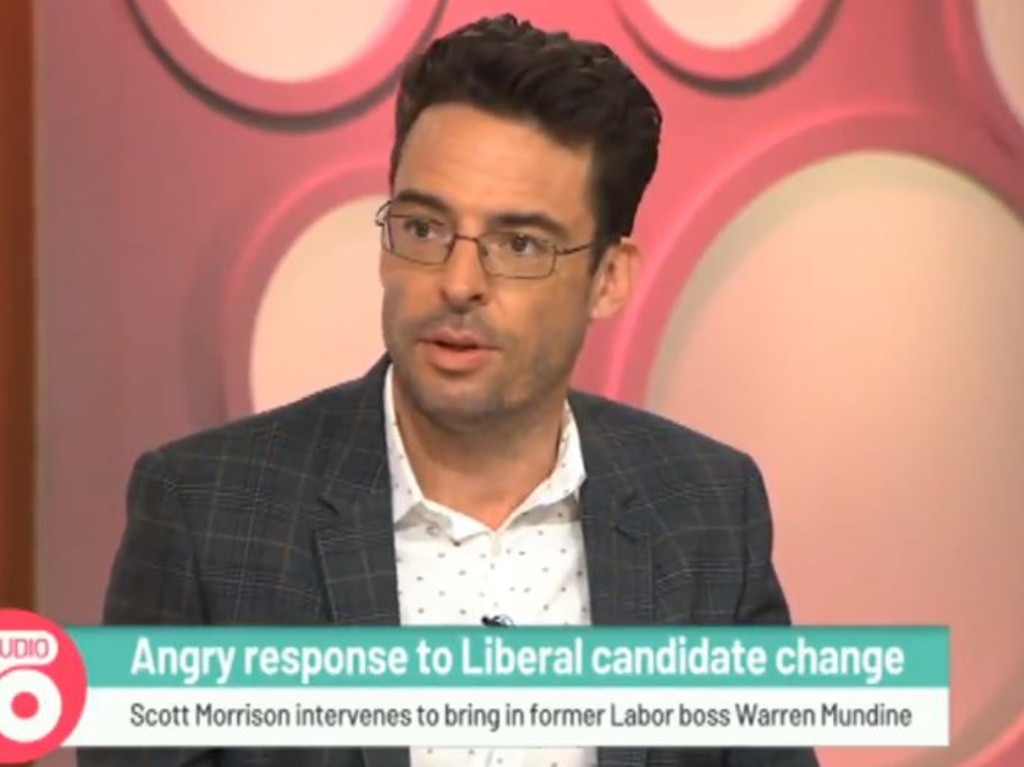
The champions of censorship like to claim that they are on the right side of history but it is just possible that future historians may remember this November as the time when cancel culture got cancelled.
Man, I hope I live to see that.
In the meantime, there was one more reason Craig Emerson crept into my thoughts last week: Blanche dedicated her final edition of Bob Hawke’s biography to him.
Not only had Emerson been an honorary son to Hawke but he had engineered the impossible by reconciling him with Paul Keating – thus bringing to a close the most titanic feud in Australian political history and delivering both leaders some peace upon the great man’s death.
If one man can do that, it is probably not too much to ask that the rest of us can find a common way forward in politics that consigns the crazies to the fringes and puts ideas instead of ideology at the forefront of public debate.
And, if we can do that, maybe we can all get to Graceland.
Joe Hildebrand is Editor-at-Large for News.com.au and co-host of Studio 10, weekdays from 8.30am on Channel 10. Continue the conversation @Joe_Hildebrand


